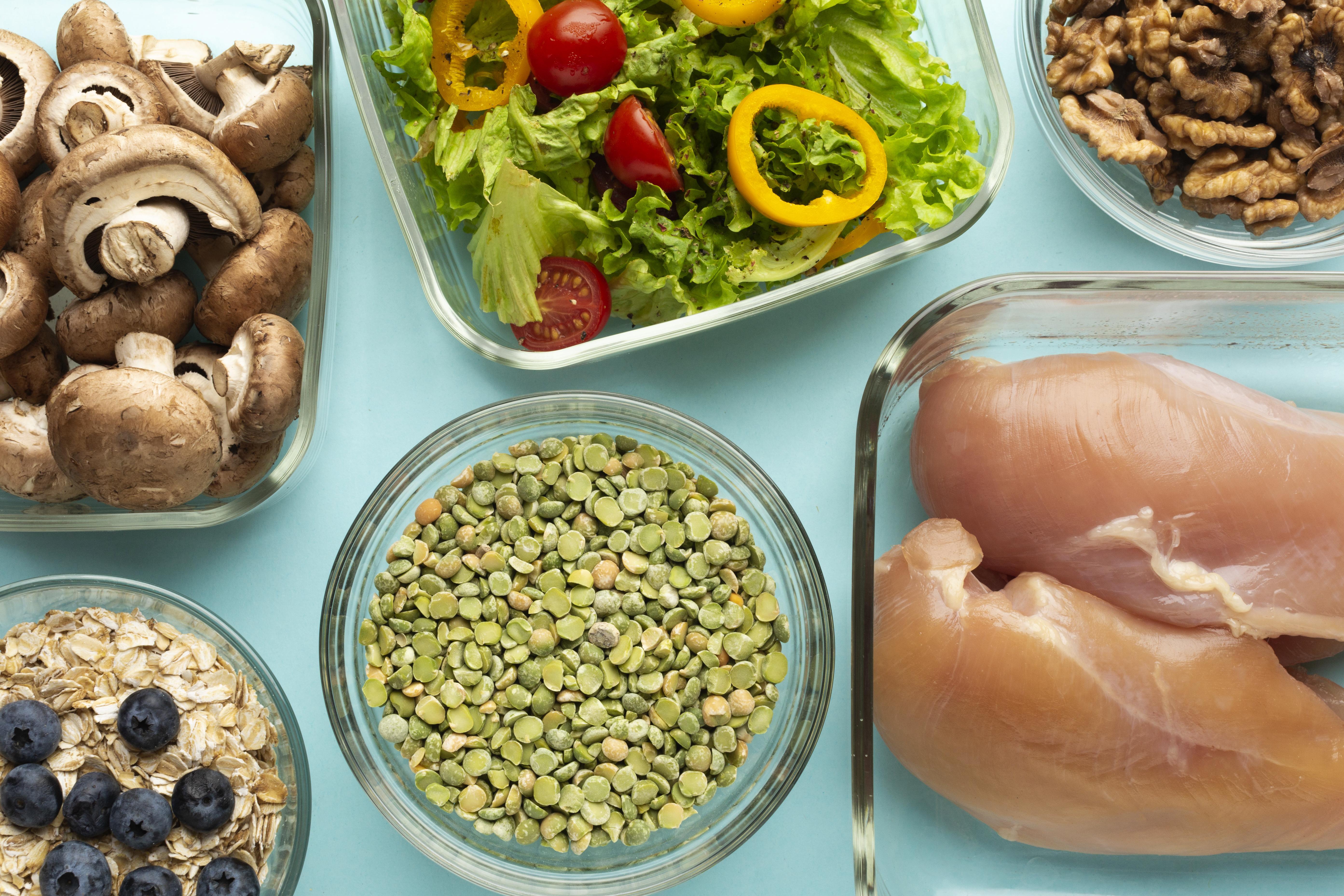Elite performance does not begin in the weight room; it starts with what is on the plate. Meals for NBA and FIFA players are not random; they are calculated. A team of nutritionists creates each meal step-by-step to meet the demands of an all-encompassing schedule. It is more than just eating well; it is winning the war in the kitchen.
Macronutrient Foundations in FIFA and NBA Diets
At the elite level, personalized macronutrient plans beat any one-size-fits-all diet. Carbs fuel endurance, protein rebuilds muscle, and fats support hormone balance. A winger covering 12 km per match won't eat like a centre battling in the paint. Some clubs even monitor intake as closely as performance data on Melbet, knowing that nutrition directly impacts how an athlete performs under pressure. That’s why macros are adjusted daily, based on workload, role, recovery needs, and illness.
During playoff crunch time in the NBA, protein intake can double. FIFA players increase their carbohydrate load before high-altitude matches to store more muscle glycogen. Some clubs even replace low-carb breakfasts with high-carb ones when training in the heat. The deeper teams go into performance nutrition, the longer their stars shine through the season.
Timing and Hydration: Small Changes, Big Impact
Timing is as critical as what you consume, and some of the best teams in the world know it.
Here are some of the practices they follow:
- Water is consumed two days before the game to minimize the risk of injury.
- Refusing carbohydrates in the first 30 minutes is the fastest replenishment of energy stores after a match.
- Fluid replacement strategies for those who lose more than 2% of body weight in sweat.
- Meals are preset on international flights to minimize muscle loss.
Professional athletes follow hydration plans, including sodium tracking strips and sweat rate tests. It's not comfort, it's science.
Specific Meal Strategies for Game Day and Recovery
There's no guesswork regarding a professional athlete's game-day diet. Every choice is made with intention, whether to achieve peak performance or recover faster than time allows. A blend of science and ritual, their diet is non-negotiable.
Pre-Game and Halftime Nutrition
Meals three hours before kick-off consist of carbohydrates and lean protein. The ultimate staples are white rice, sweet potatoes, and beet juice. Anything thrown into the dish must be highly digestible, which means no gummy sauces or fibrous bones.
At halftime, speed is everything. Players taking glucose chews and caffeine gels must be strategic about sipping coconut water mixed with pink salt. For the rest of us, it's all about quickly feeling tired legs. The goal is to preserve reaction time and delay muscle fatigue in extreme overtime scenarios.
Post-Game Recovery Meals
The recovery process begins as early as 20 to 30 minutes after the game, so think grilled salmon, blueberries, and leafy greens for a magnesium boost. Teams aim for a 3:1 ratio of carbohydrates to protein when rebuilding glycogen. Protein reduces muscle damage, so it needs to be present.
In the NBA, some teams deliver fully packed insulated bags with complete recovery meals directly to the players' cars. Some FIFA teams serve hot meals on the bus ride back to the hotel. Recovery begins before the players take off their boots, with sweet potatoes, turmeric, hydration and, most importantly, salmon.
Coaching Takeaways from Elite Nutrition Models
The best coaching occurs off the field — the food on the table matters. It teaches discipline, consistency, and confidence in the process. At more advanced levels, structure means planned meals, no skipped breakfasts, and controlled hydration like sprints.
Youth coaches don't have to adhere to rigid schedules. Introduce protein at every meal, travel-day snacks, and strategic water breaks that aren't just during practice. With these habits in place, players will perform better, recover faster, and build unbreakable resilience before the season is half over.
Cultural and Regional Adaptations in Meal Planning
Science can never override the importance of culture. You can't serve a Brazilian winger a salad in January and expect him to work magic. The food should evoke home comforts and fuyusentiment—miso soup, spiced lentils, or rice and beans.
Clubs now hire local chefs to assist with catering on away trips and hosting international matches. They replace fickle foods with more reliable ones and avoid food “culture shock. Food stress can destroy sleep, mood, and gut health. The most effective coaches understand that when food is comforting, performance follows.









